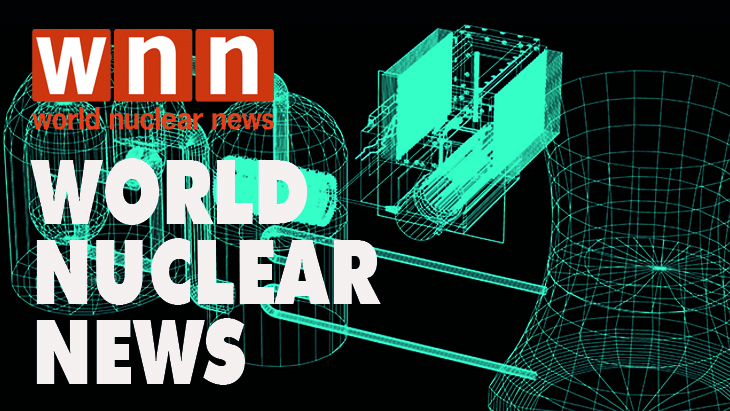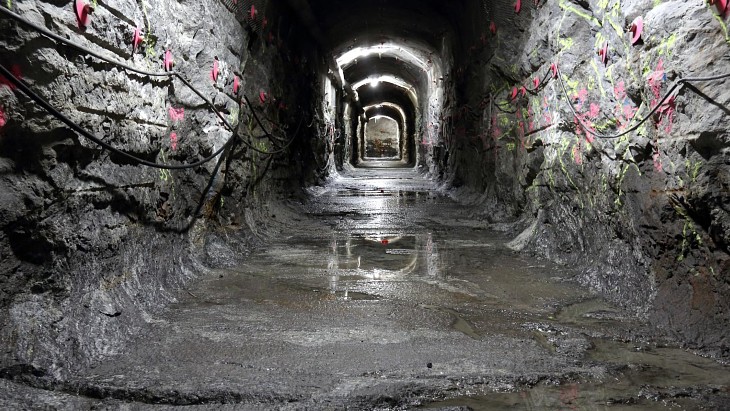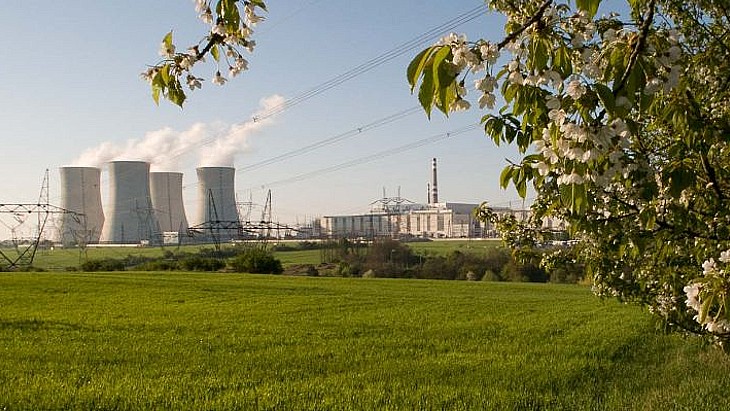It was the nuclear news story in July which is potentially likely to have the biggest impact in years to come - the vote on whether or not to include nuclear (and gas) in the EU's list of sustainable investments. It was expected to be too close to call, but in the event Members of the European Parliament backed their inclusion decisively.
Jessica Johnson, communications and advocacy director for Nucleareurope, the Brussels-based trade organisation for the nuclear industry in Europe, was a key figure ahead of the vote. She explains what the EU taxonomy is, and the steps that led up to the vote in early July.
She says that the result of the vote meant that she now thinks nuclear could have been included in the EU taxonomy on its own, without the compromise deal which led to nuclear and gas being tied together. As to why the result was better than had been expected, events in Ukraine had a big role to play, she says.
Johnson also explains what the practical result of nuclear being included in the EU taxonomy is likely to be, including the likely impact on other countries as they develop their own sustainable funding rules.
Leadership, management and the nuclear industry
Lisa Lande is senior nuclear human resources development specialist with the International Atomic Energy Agency, and joined us straight from World Nuclear University’s Summer Institute, which is a five-week leadership development programme for nuclear professionals.
Lande says that leadership abilities are needed at every level of an organisation, and explains why there is such an important role for them in the nuclear industry. Good management skills are also important - Lande explains what the difference is between leadership and management and says that both are needed in the nuclear sector, where robust managerial activity is required to ensure safety and security.
She says there has been a shift to a more adaptable way of working in the nuclear industry, partly prompted by the impact of the COVID-19 pandemic: "When you put a human in a place where they're challenged - boy, do they get creative and do they start to look for success paths because we will survive and we will evolve. So that pressure from the outside, this uncertainty, has actually unleashed so much creativity, so much re-evaluation of what really matters, so much recognition of how human well-being matters to effective functioning in the industry … it's equally as important to focus on organisational and human well-being as a means of fostering operational excellence."
Following the WNU Summer Institute, where she chaired sessions with senior figures including Bohdan Zronek, chief nuclear officer of ČEZ, Margie Doane, deputy director general of the IAEA, Rumina Velshi, president and CEO of the Canadian Nuclear Safety Commission and Sama Bilbao y León, director general of World Nuclear Association, Lande said she had been inspired by their discussion of leadership experiences, challenges and what they had learned.
She believes the future is bright, with the 60 fellows at the institute representing leaders of the future in the industry and being "influencers, visionaries and implementers … and they see a different world where leadership is shared and followership is shared".
World Nuclear Performance Report 2022
Author of the annual state-of-the-industry report, Jonathan Cobb, senior communications manager at World Nuclear Association, explains the key findings of this year's report, which has seen nuclear output bounce back after the pandemic. With more than a million data points informing the report and its conclusions, he looks at the regional differences and notes that the performance evidence backs decisions taken to extend the operating lives of many nuclear power plants.







_53514_33880.jpg)




